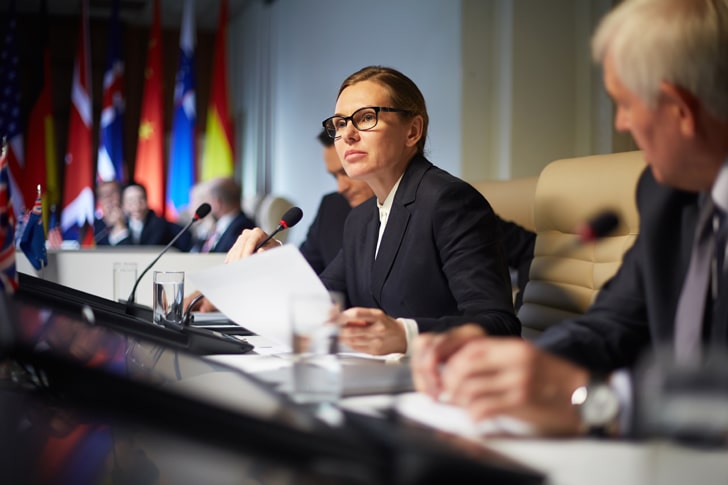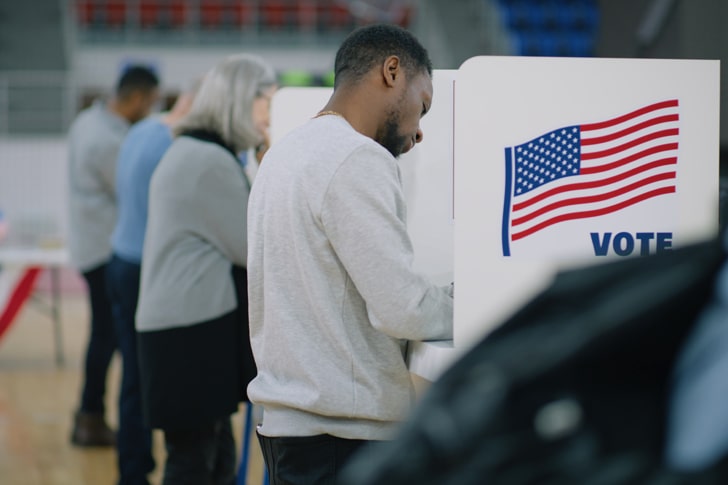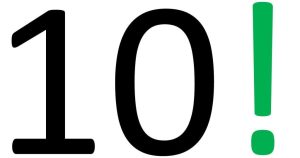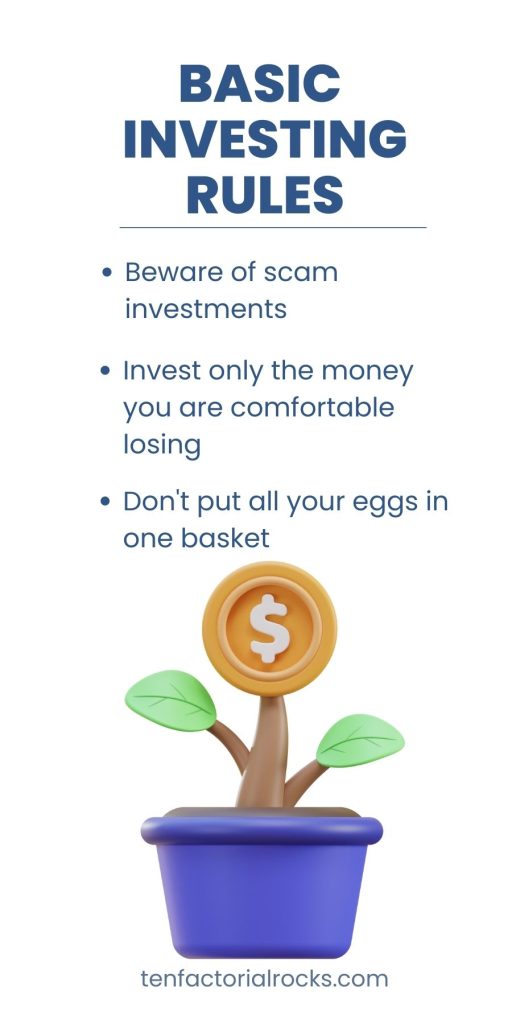
Natissima / iStockphoto
Slower inflation is giving Americans something to smile about. Stabilizing prices has brought about a noticeable uptick in optimism across the board. Interestingly, this economic shift has influenced political outlooks, with many voters feeling more confident about Vice President Kamala Harris's chances against former President Donald Trump in the November 2024 election. It seems like the tide is turning, both economically and politically.
The consumer survey released by the University of Michigan in September 2024 painted a more optimistic picture of Americans' attitudes toward the economy. According to the preliminary reading, consumer sentiment improved by 2% that month compared to August, breaking a months-long trend of stagnant outlooks. This marked the second consecutive month of gains, with sentiment standing 40% higher than the record low of June 2022, when inflation was scorching hot. However, consumer confidence remains below pre-pandemic levels.
Joanne Hsu, director of the university's Surveys of Consumers, highlighted that the uptick in sentiment was driven largely by improved buying conditions for durable goods, as consumers perceived prices to be more favorable. "Consumer sentiment rose to its highest reading since May 2024," Hsu noted, "lifting about 2% above August."
Interestingly, the survey also revealed a shift in political expectations. Following the presidential debate between Vice President Kamala Harris and former President Donald Trump, many Republicans and Democrats foresaw a Harris victory. Additionally, the report indicated that U.S. consumers were more optimistic about the future, as expectations for inflation rates declined even more in September, reaching their lowest level since December 2020.
Economic Shifts and the Effect on Politics

shironosov / iStockphoto
As the U.S. heads toward a crucial election season, the economy remains a hot topic of debate. From the housing affordability crisis to inflation's impact on daily life, economic concerns are shaping voter perceptions more than ever. This was evident in the Harris-Trump debate, where the economy took center stage right out of the gate. The direction in which the economy moves between September and November is bound to influence voters' choices as they head to the polls.
Inflation, once a roaring beast in the summer of 2022, has calmed significantly. The latest Consumer Price Index shows inflation perched at a manageable annual rate of 2.5% as of August. This is a far cry from the 40-year highs that had everyone clutching their wallets. Even the Personal Consumption Expenditures price index, closely watched by the Federal Reserve for its 2% inflation target, indicates that price pressures have eased over the past two years. Gasoline, often the most visible indicator of price fluctuations for consumers, has seen substantial declines compared to two years ago, helping to ease the anxiety that once gripped American households. These economic shifts have added an unpredictable twist to the upcoming election.
Final Verdict

EvgeniyShkolenko / iStockphoto
The highlighted economic progress could tip the scales as voters weigh their options. Ryan Sweet, chief U.S. economist at Oxford Economics, pointed out that if voters focus on the cumulative price hikes over the past four years, it might work in Trump's favor. However, the steady march toward returning inflation to the Fed's 2% target may give Harris an edge in shaping voter sentiment.
Accordingly, the strategies proposed by both Trump and Harris have made the economy a central battlefield in the 2024 election.

